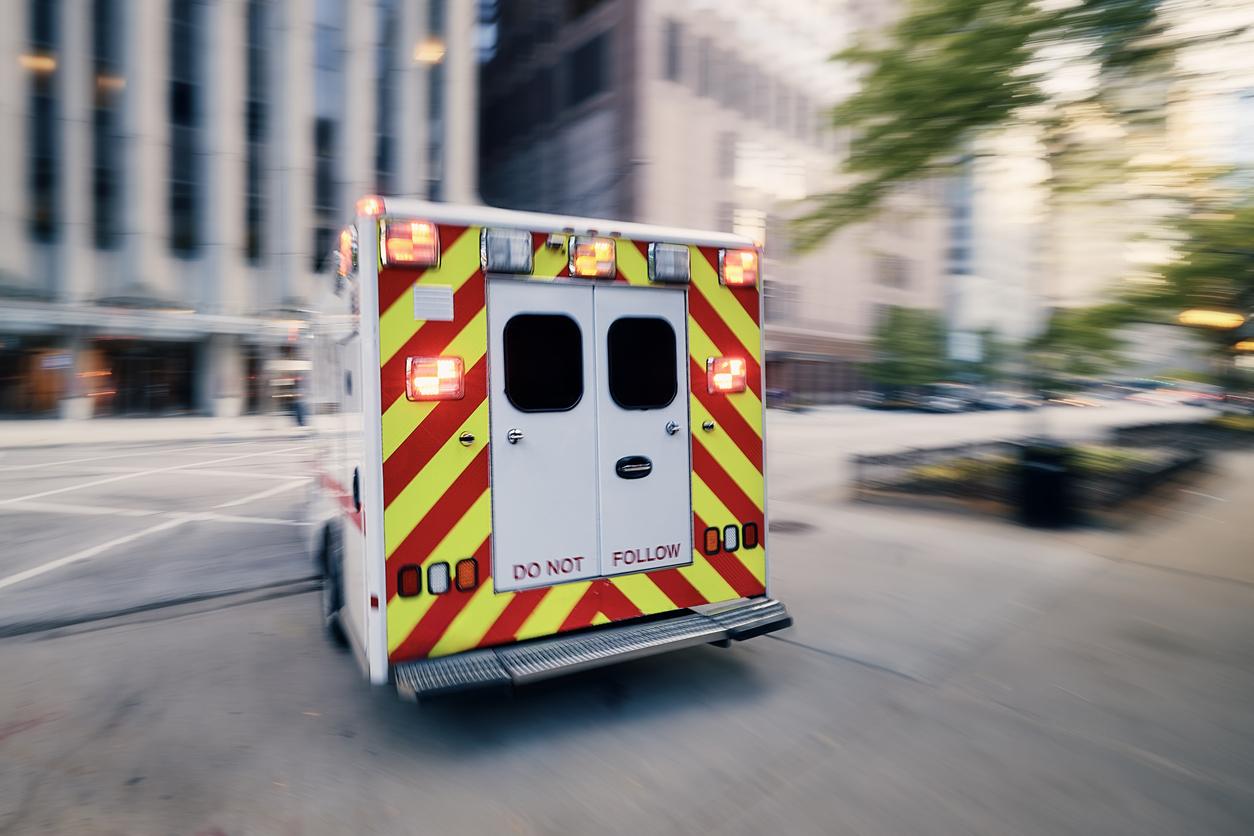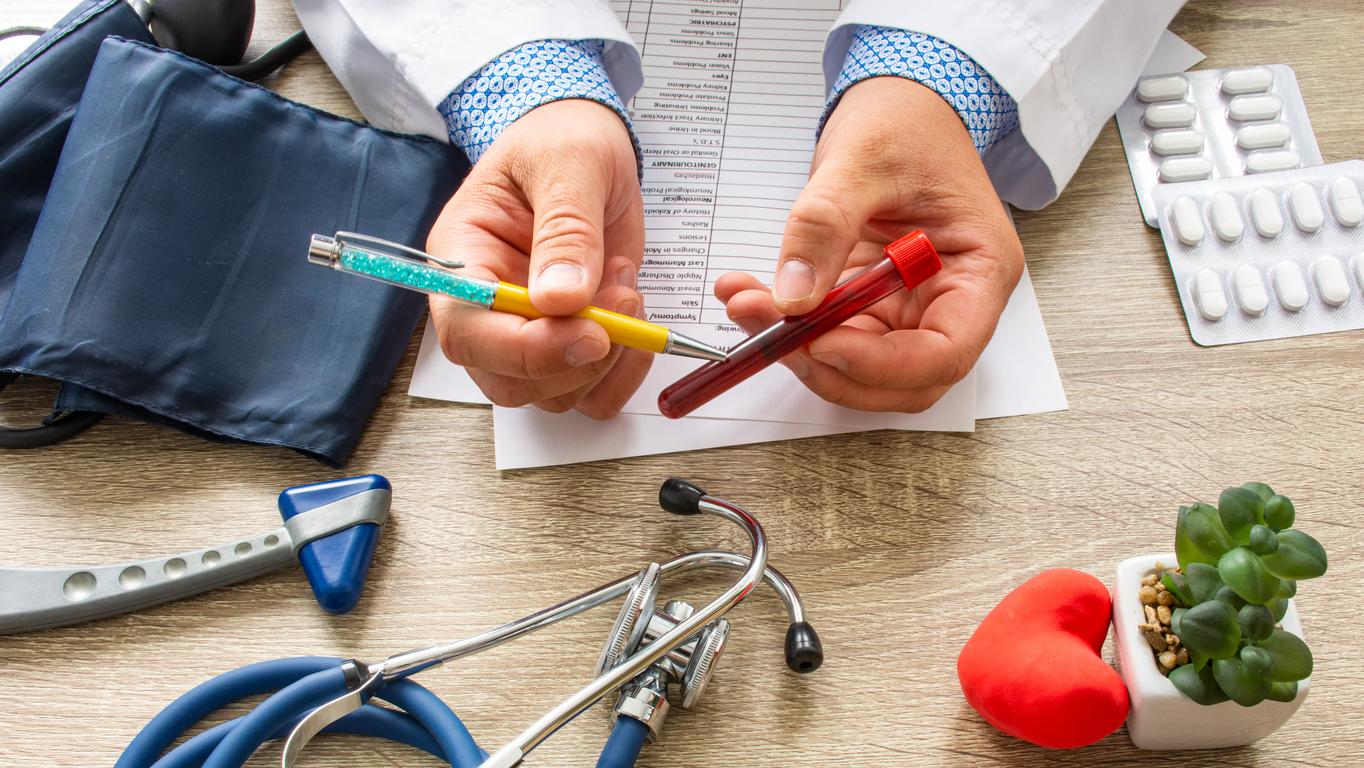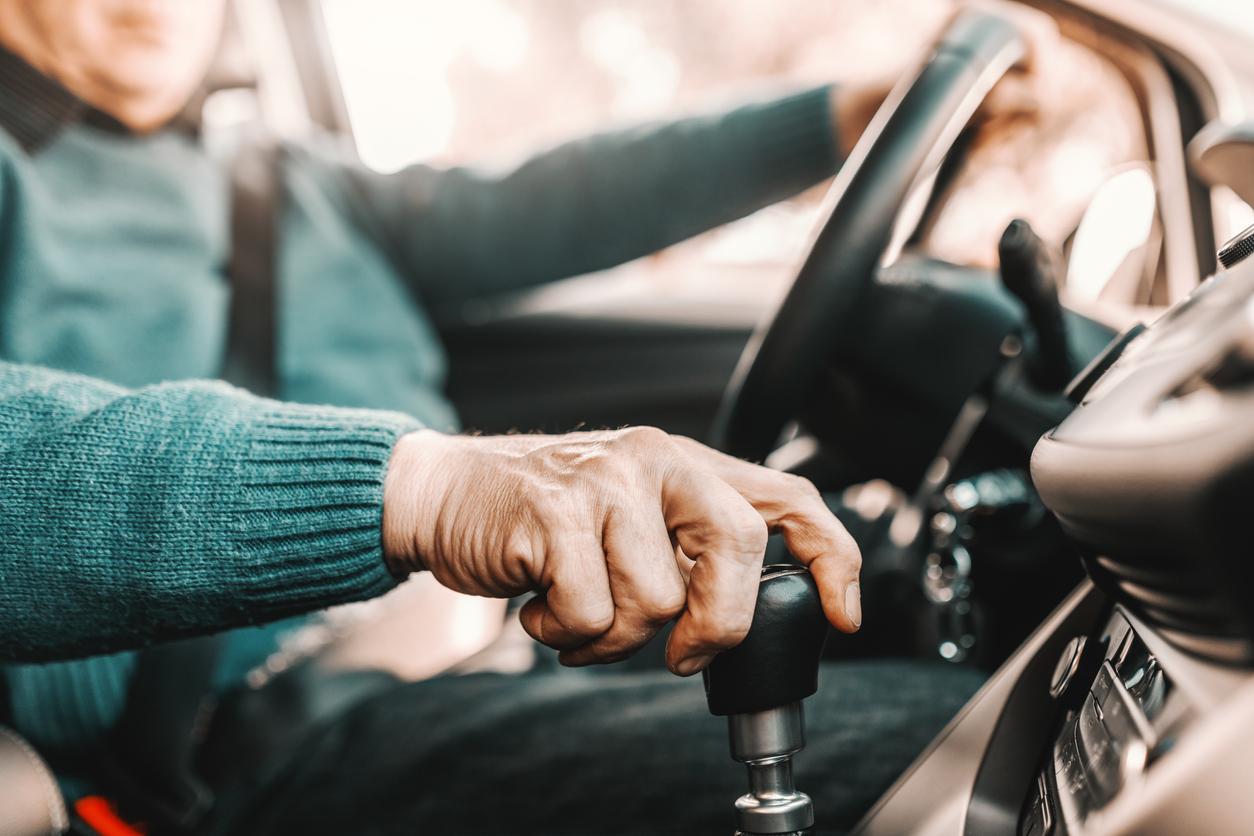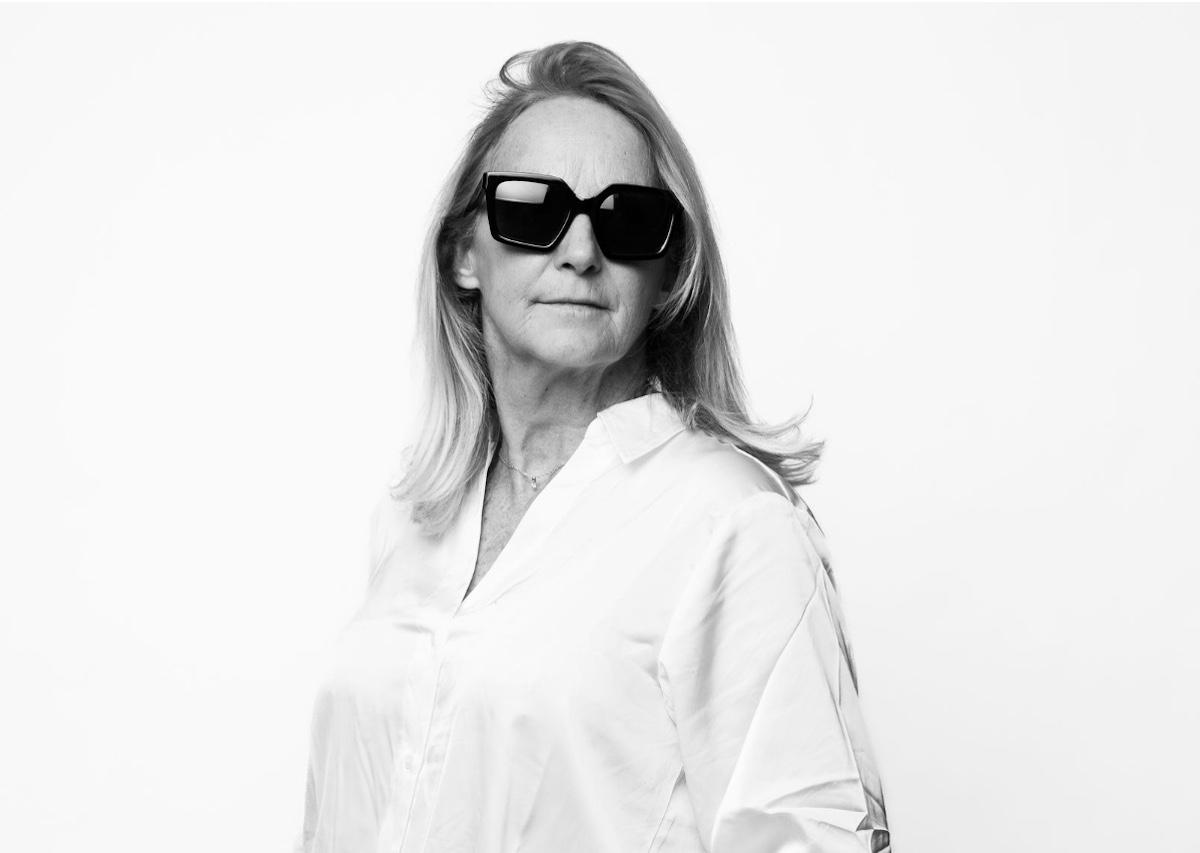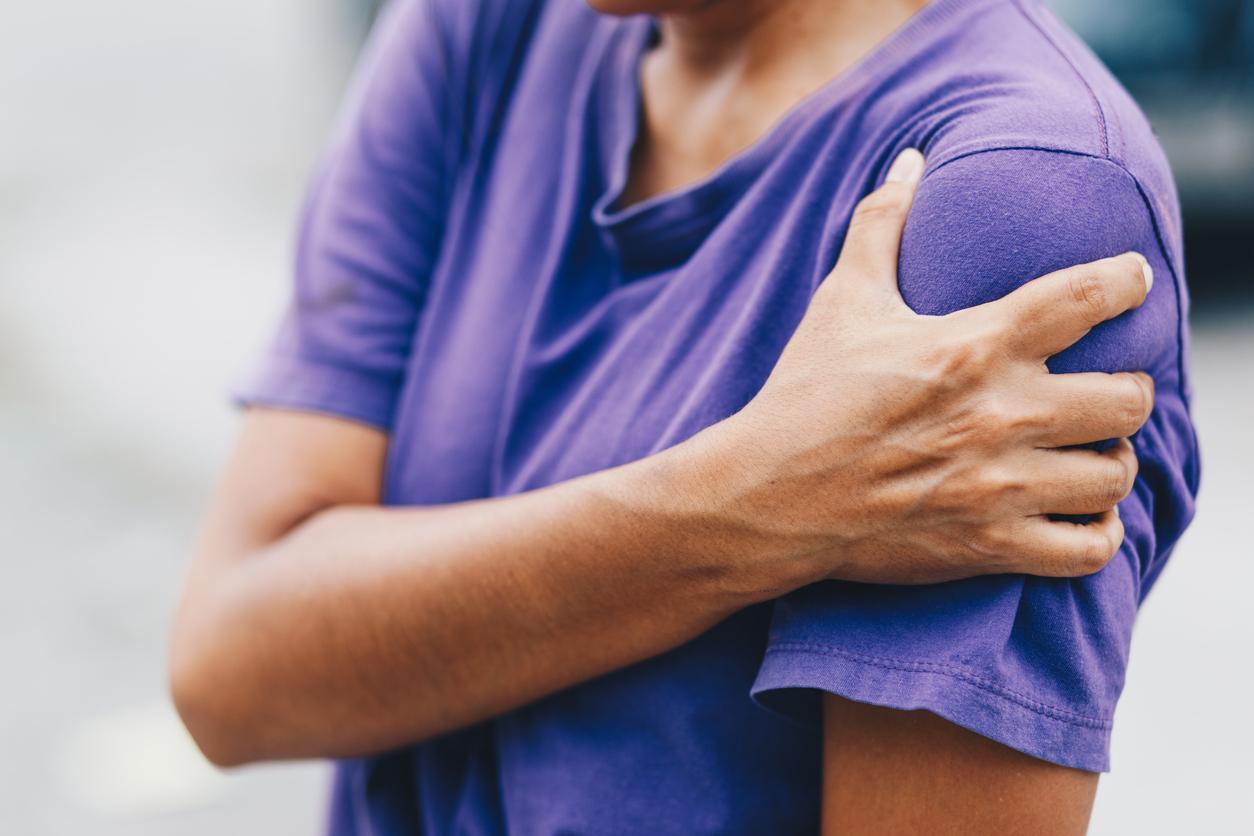On the occasion of the International Day of Rare Diseases this February 28, Why Doctor met a patient with Gaucher disease which affects 500 people in France. Michel Babec recounts the terrible journey, this long diagnostic wandering, which precedes the identification of this disease, as with many rare diseases.
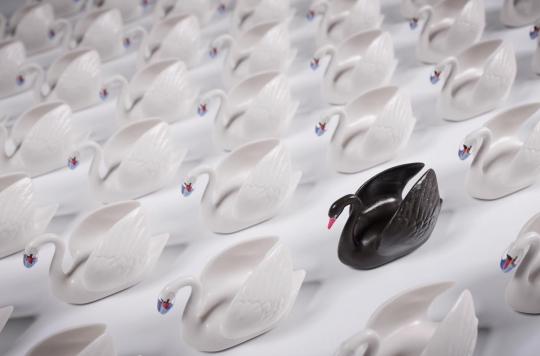
– Why Doctor: You are one of the 500 French people affected by Gaucher disease. How do we live with this disease?
Michael Babec : I am one of the first to have been infused in France. My treatment started in 1994. Since then it has been better. You have to adapt. You have to be careful, have a medical follow-up in addition to the infusion sessions.
– When and how did the first symptoms appear?
It started in the early 1990s. I had a big liver, a big spleen. I went to consult a large number of doctors to find out what I was suffering from. In these cases, we do everything we can, including seeing acupuncturists… Until the day a hematologist told me that my symptoms made him think of something he had read in the literature medical. He had me take blood and bone marrow samples and it was from these tests that he confirmed what he thought. “You are, I’m more than 90% sure, affected by Gaucher’s disease,” he told me. I had absolutely no idea what it was. He told me: “One of the solutions is to remove the spleen”. But to finally have a name put on this disease, it was exceptional for me. So I said to myself that it was worth going to see other specialists, to seek other treatments. This is how I met Dr Belmatoug in Paris and how I was able to start treatment with infusions. It was high time!
– Do you understand that the doctors did not immediately find out what you were suffering from?
Doctors, I must have seen a dozen! Everyone went with their knowledge and their treatment, which didn’t help at all and no one really knew what my illness was… I don’t blame them, I have since noticed that a patient who suffers from a rare disease, it is very complicated to manage. It was following these consultations which were useless that I told myself that I had to try everything for everything by going to the hospital myself… and there, I ended up meeting the doctor who identified my disease.
– How did you feel when you knew the name of your disease and the fact that it was a rare disease?
It’s like a blow to the head… but after years of diagnostic wandering, all this time not knowing what we are suffering from, the day we put a name to the disease, it there is a hope that is born, that of thinking that there may be a treatment! In this case, we are positive right away, we tell ourselves that we will find a solution.
– How is your treatment going?
I’m on the third phase of the infusions. At the beginning, when the diagnosis was made, I had to stop working but after three years of treatment, I felt really better and I could no longer bear this feeling of being out of circuit compared to the rest of the society. When we have gone through moments like these, we want to return to a normal life. Finally, I was able to go back to my job, everyone played the game, the doctors but also my company which offered me a part-time job which allowed me to go to the end of my career.
– What message do you want to send to other patients affected by this disease or another rare disease?
Never give up, seek information by going to doctors and doing your own research. Everything must be done to ensure that the diagnosis is made as quickly as possible in order to benefit from treatment very quickly. You have to take charge, do therapeutic education, it helps to know what is important.
.











